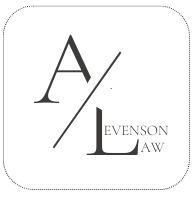Not Just a Form: Why Your Residential Rental Agreement in Israel Deserves a Legal Review

When you’re renting a property —whether as a tenant or a landlord—it’s easy to assume the lease is just a standard formality. You might glance at the terms of your residential rental agreement in Israel, skim through the legalese, and sign. After all, what could go wrong?
Plenty.
Over the years, I’ve seen residential rental agreements in Israel that seem fair on the surface but contain terms that could cause serious trouble down the line. The problem isn’t usually intentional—most contracts aren’t malicious—but even well-meaning terms can end up working against you if you don’t know what to look for.
Here are a few real-world examples:
1. The “Tenant Can Extend” Clause That Doesn’t Actually Help the Tenant
A common clause gives tenants the option to extend the lease for another year. Sounds like a great deal, right?
But here’s the catch: many of these clauses are subject to landlord approval. Which means it’s not really an option—it’s a polite request.
If you’re banking on staying in the property for two years, but the landlord changes their mind, you might find yourself house-hunting again with very little notice.
2. Vague Language About Repairs and Maintenance
Another common pain point is who pays for what when something breaks. You might see a clause saying the landlord is responsible for “reasonable repairs.” But what exactly is “reasonable”? Is a leaking faucet your problem, or theirs?
A legal review can help make sure these responsibilities are spelled out clearly—saving both sides from future arguments.
3. Security Deposit Surprises
Sometimes, the lease sets rules for how much is taken as a deposit but says nothing about how it’s returned. Or it might give the landlord sweeping discretion to deduct amounts for vague “damages.”
A lawyer can help ensure those terms are balanced—and that you don’t have to chase your own money at the end of the lease.
Some Terms In Residential Rental Agreements In Israel Are Legally Invalid—Even If You Signed
Here’s something most people don’t know: some parts of a lease are unenforceable, even if both sides agreed to them. Israeli law includes kogeneti (mandatory) rules that can’t be overridden. For example:
A landlord can’t waive their obligation to ensure the property is fit for living.
You can’t agree to certain types of eviction threats that contradict tenant protection laws.
Having a lawyer review your lease helps catch these issues early—before you end up relying on a clause that turns out to be legally meaningless.

Final Thought: You Don’t Need a Legal Fight—You Just Need Clarity
A short legal review doesn’t have to be expensive or dramatic. It’s just about making sure that:
You understand what you’re signing;
Your rights are protected;
And you’re not walking into a situation that could become costly or stressful.
Whether you’re a new oleh, a landlord managing multiple units, or someone signing their first lease in Israel—get the contract checked.
It’s a small step that can make a big difference.
Need help reviewing a rental agreement?
Contact me to set up a quick consultation.





